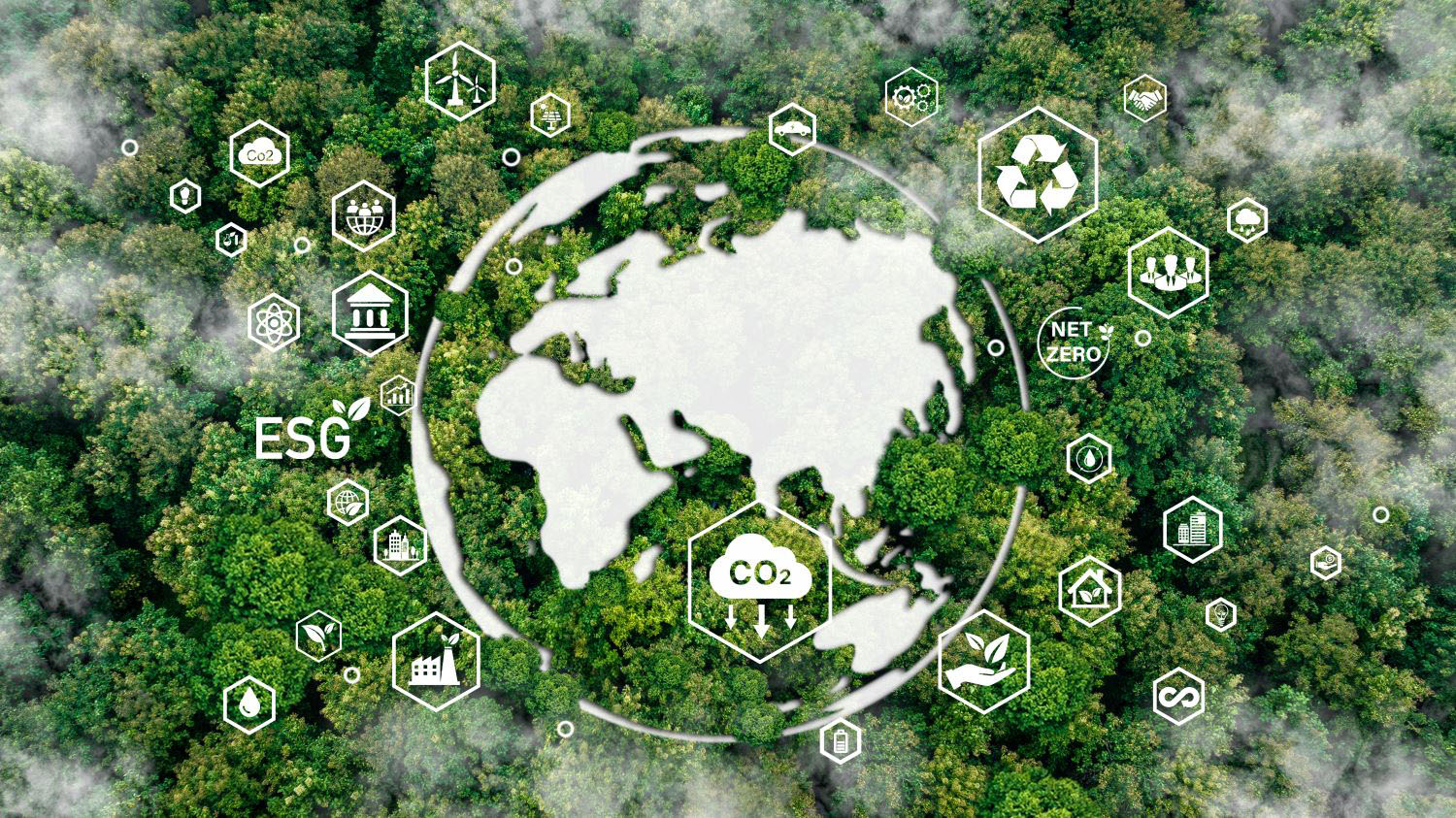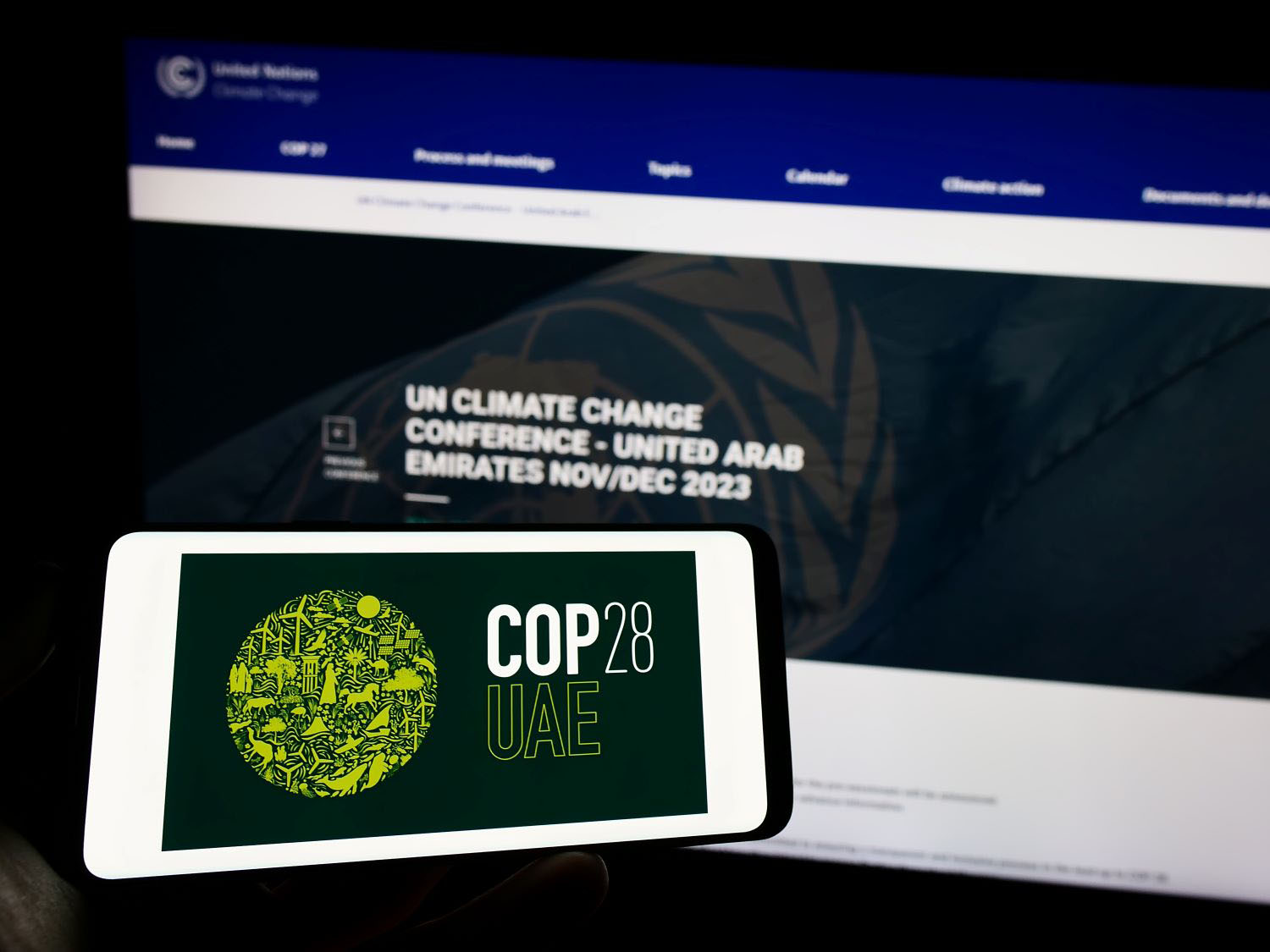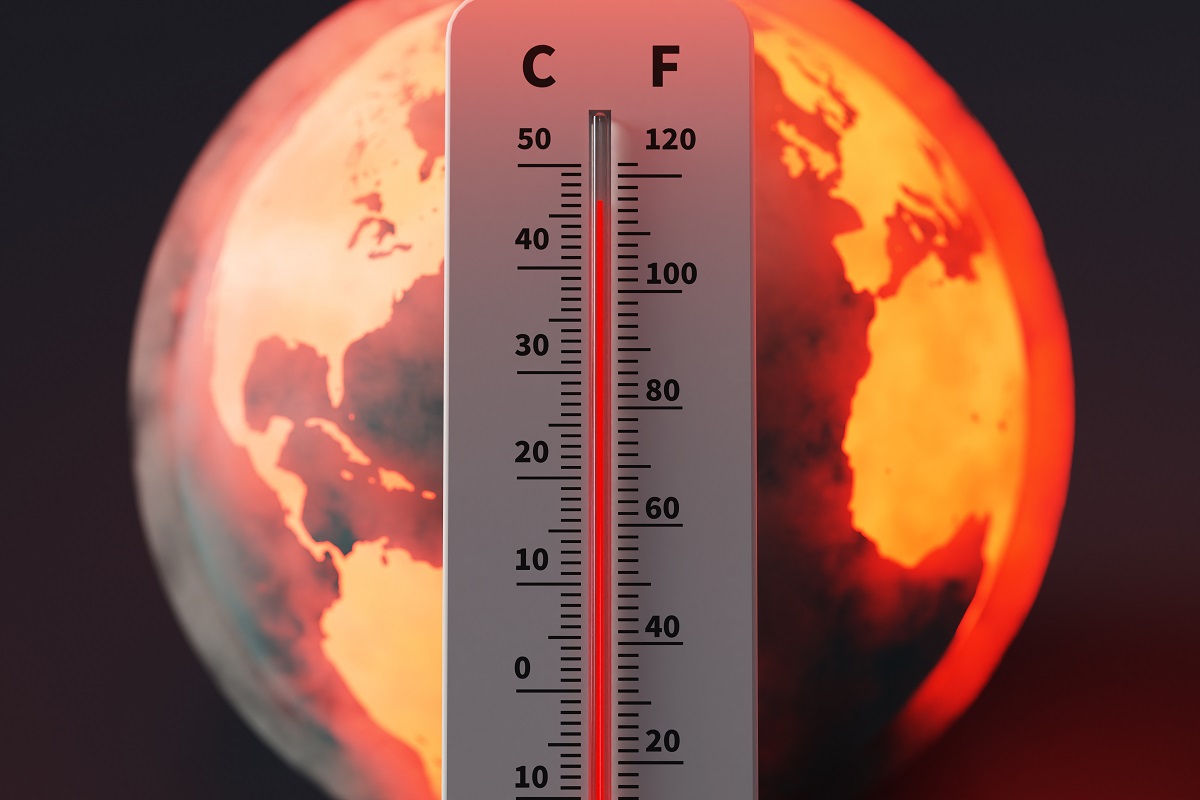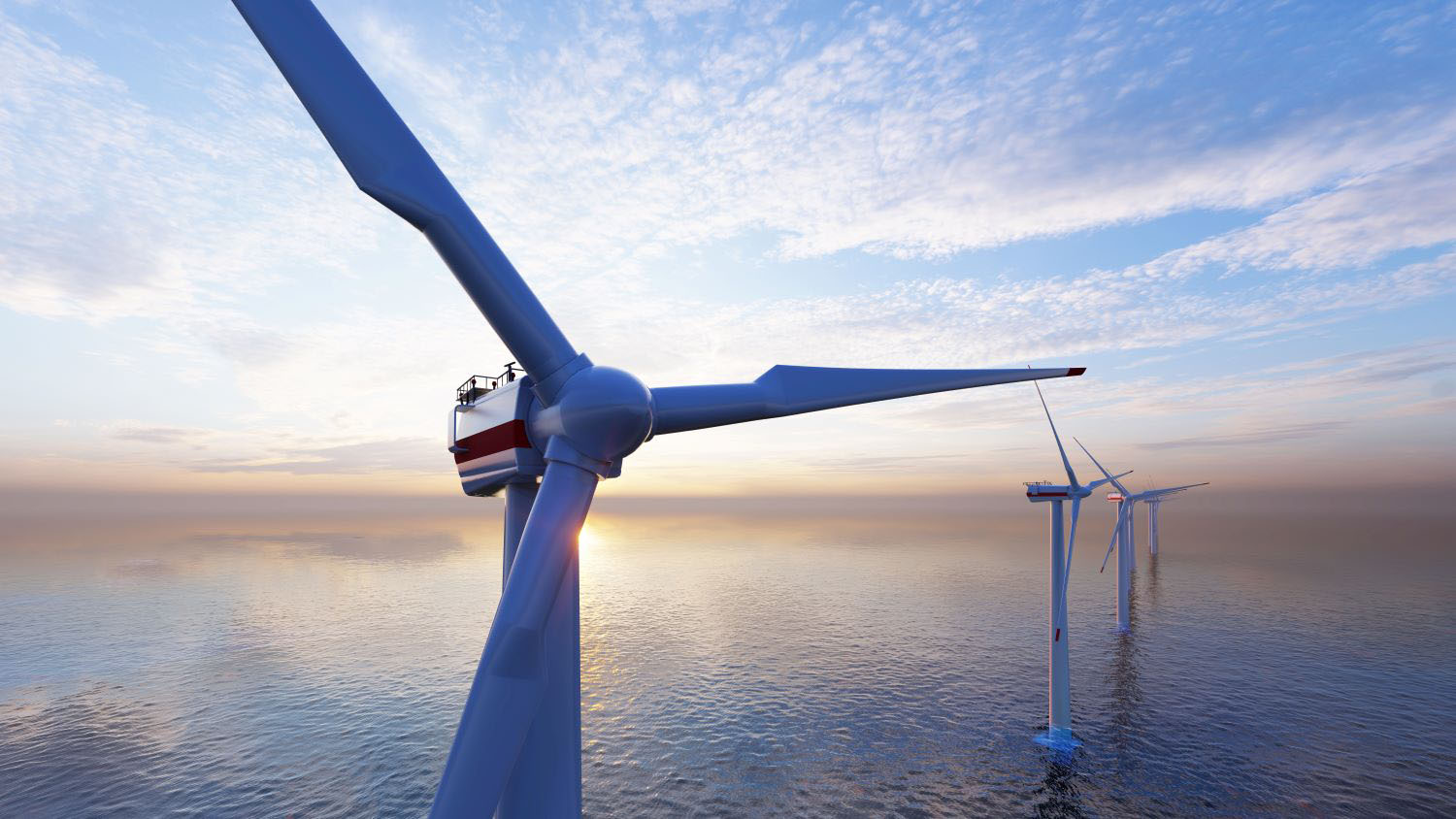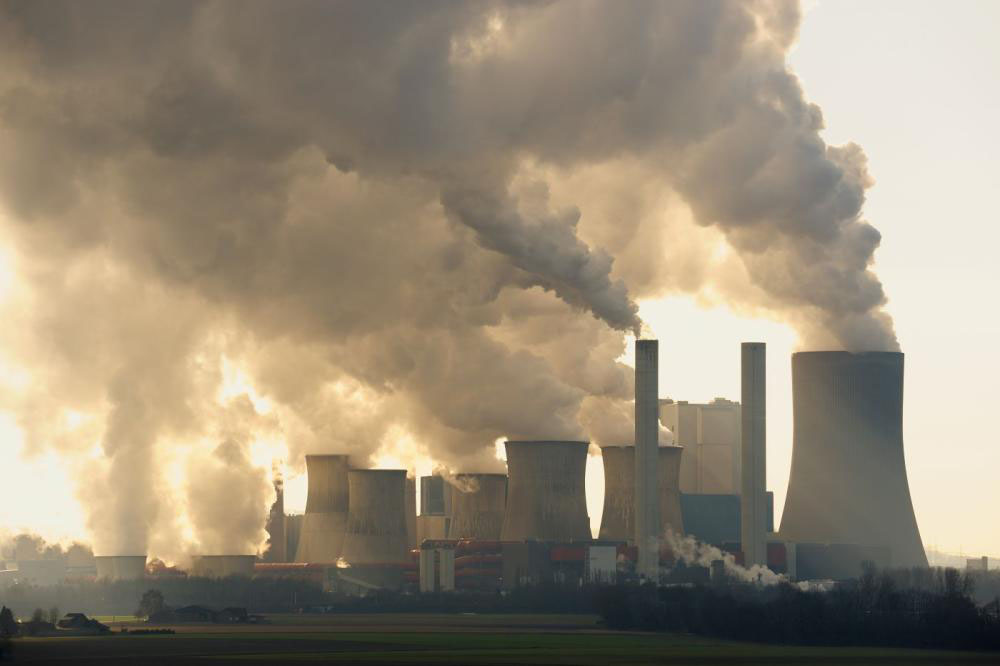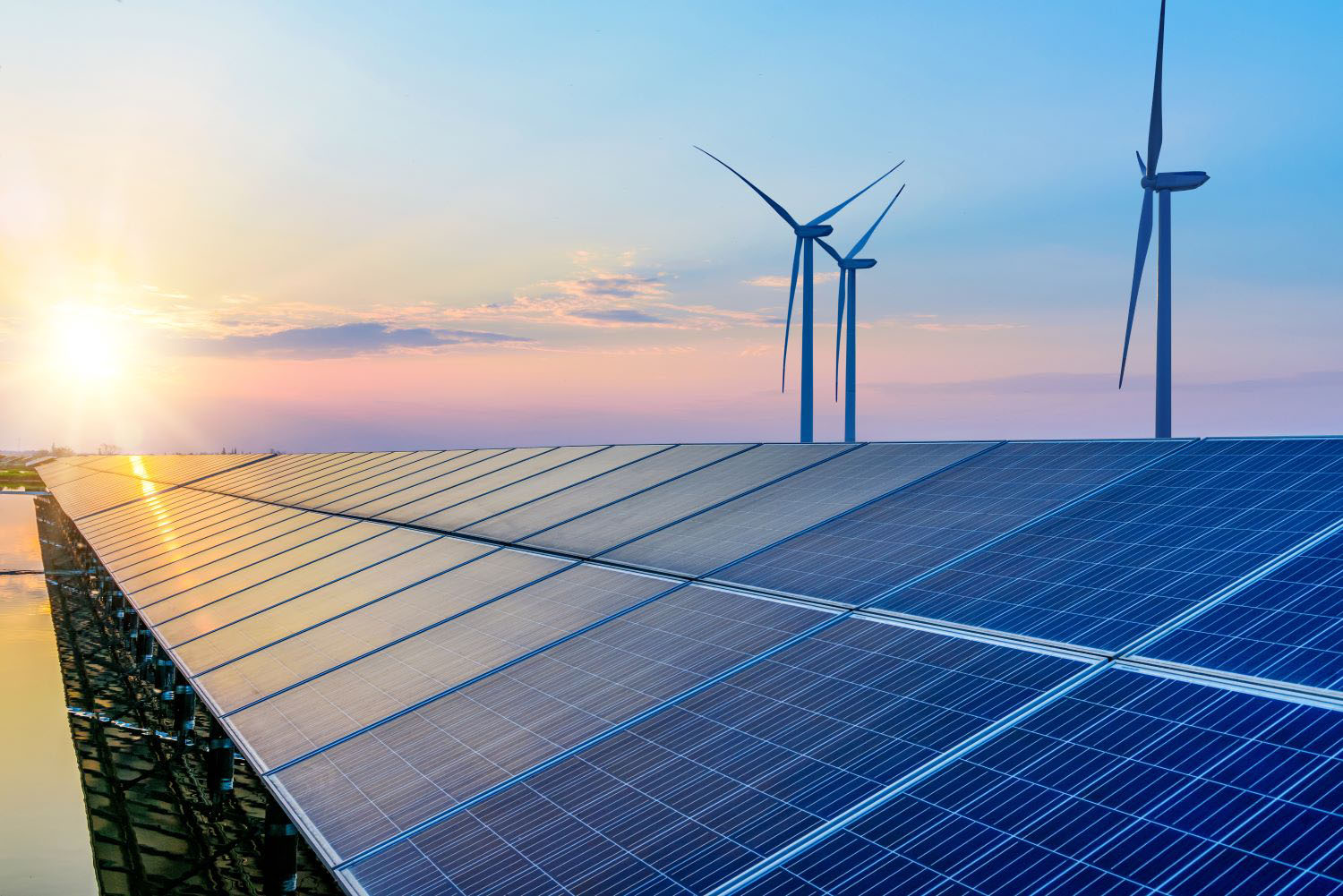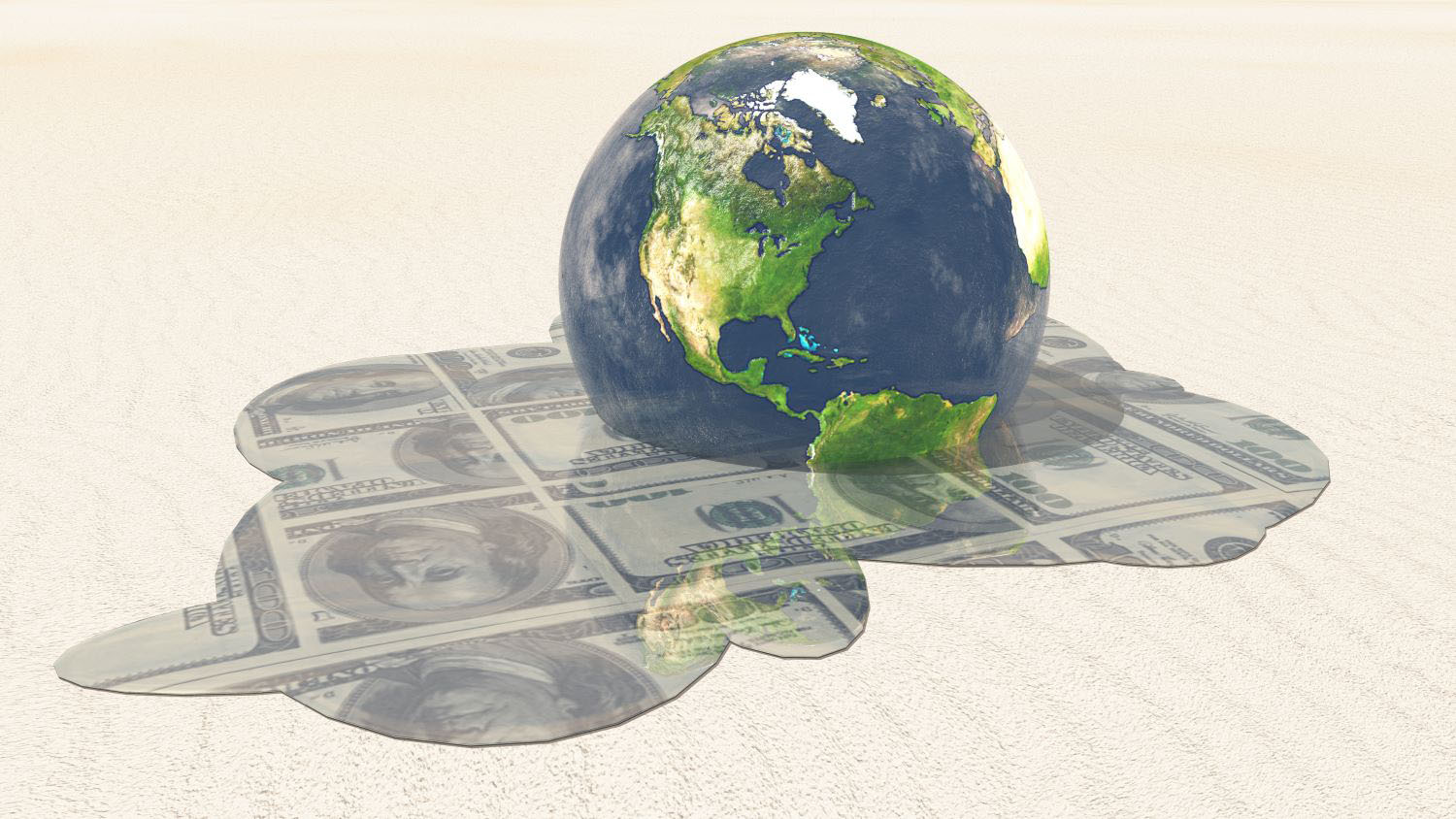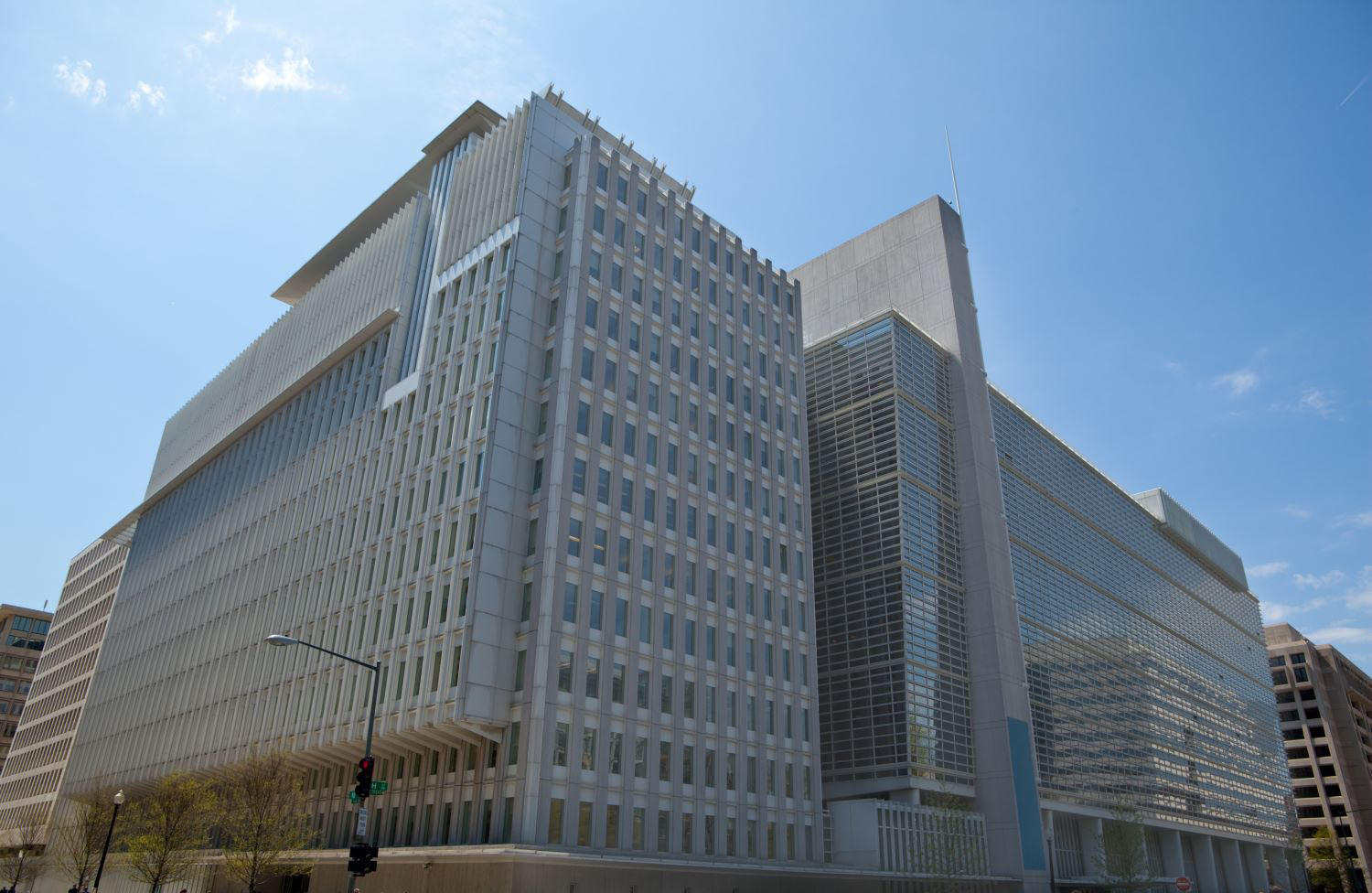From extreme droughts to severe flooding, the effects of climate change are readily apparent—a formidable indicator that a fundamental change in the world’s economy will be needed if the planet is to survive. Lower income countries will be among those most affected by climate change; yet they have contributed least to global emissions, with the poorest 52 countries, home to 1.4 billion people contributing less than 2 percent of emissions.
As higher income country governments promote international climate action, and make decisions on whether to ensure domestic policies match international ambitions and create the right incentives, these countries should acknowledge the very different circumstances in in the poorest countries compared to their own. Around half of the population in the world’s least developed countries lacked access to electricity in 2018, with over 500 million people lacking any access to power in Africa alone; and CGD work has shown that even rapid growth in the 50 lowest income economies over the next decade would leave per-head emissions at a fraction of those elsewhere.
Climate finance is a central pillar of the Paris agreement and international efforts to combat climate change. Developed countries missed their goal to provide $100 billion per year in climate finance by 2020; and development agencies and international finance institutions like the World Bank and IMF will play a key role in ensuring that development and climate finance play a transformative and integrated role in dealing with climate change. Climate finance remains are relatively new mode of finance and it faces significant challenges including accessibility to those that need it. Environment and development interventions often have synergies, but they can also face trade-offs. As the world adjusts to a new climate reality, CGD experts are exploring the role climate finance and wider economic policy can have in helping developing countries deal with climate change. How can higher income countries and international financial institutions best support the countries most vulnerable to climate change?
In this growing body of work, our experts also ask: What is the role of private finance and investment? What are the policies that will drive a new economic order with the right incentives in the G20 and other major economies? And how can the challenges of COVID-19 recovery, Russia’s war in Ukraine, and looming debt problems be met alongside the changes needed for long-term resilience and sustainability?
Climate Change
-
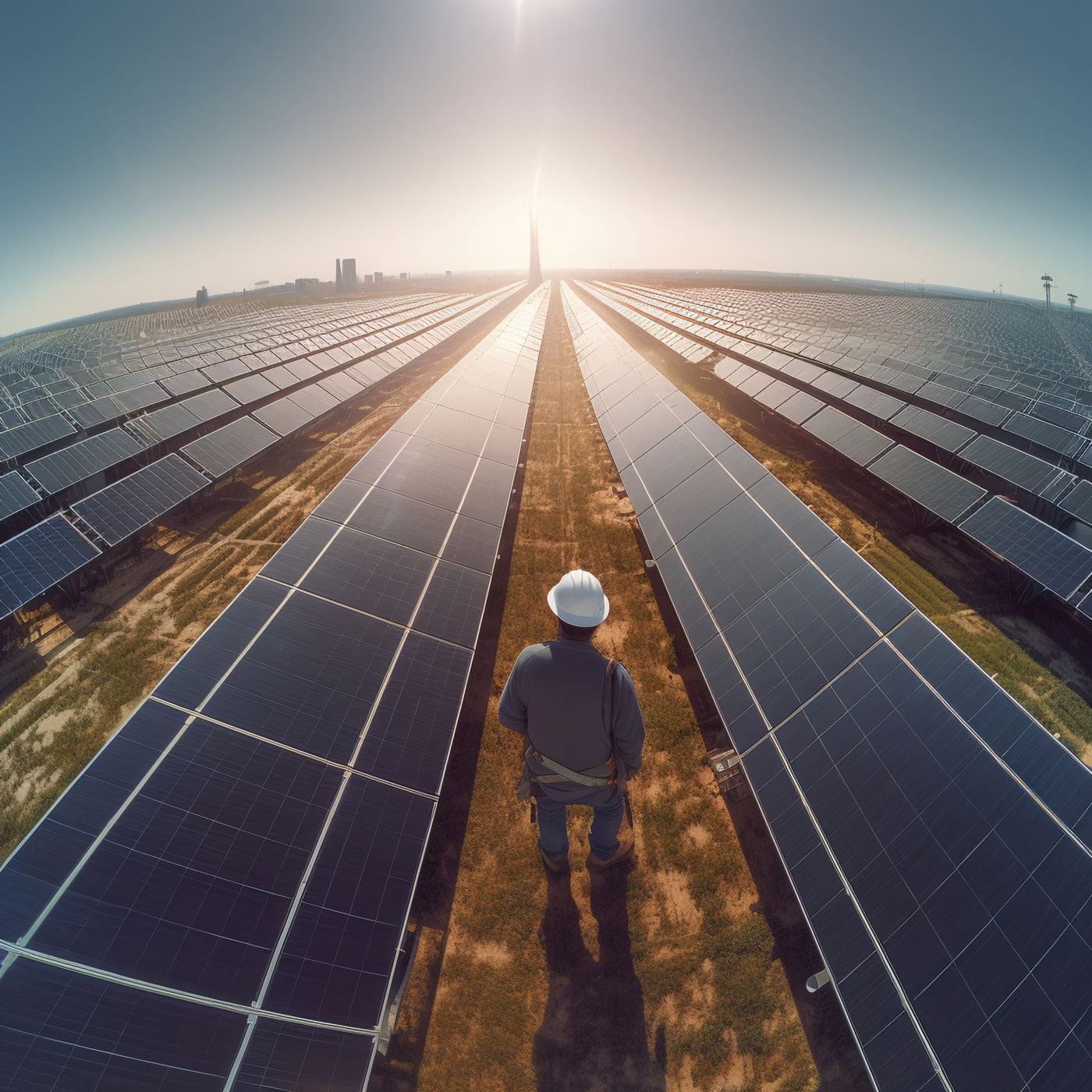
CGD NOTES
Breaking Financing Barriers for a Just Climate Transition in AfricaMahmoud Mohieldin et al.November 17, 2023 -
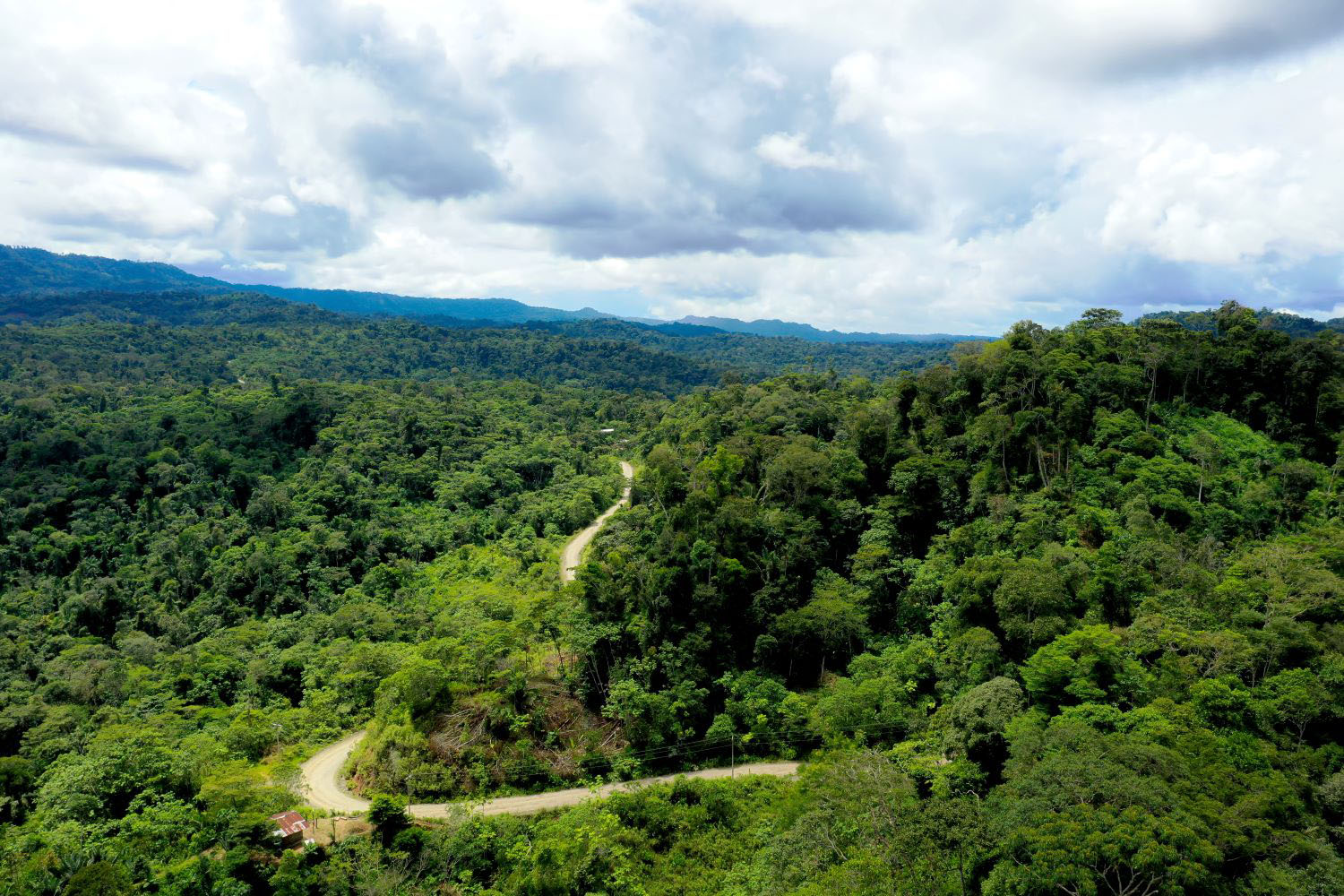
Blog Post
The Case for National Carbon FederationsNovember 13, 2023


